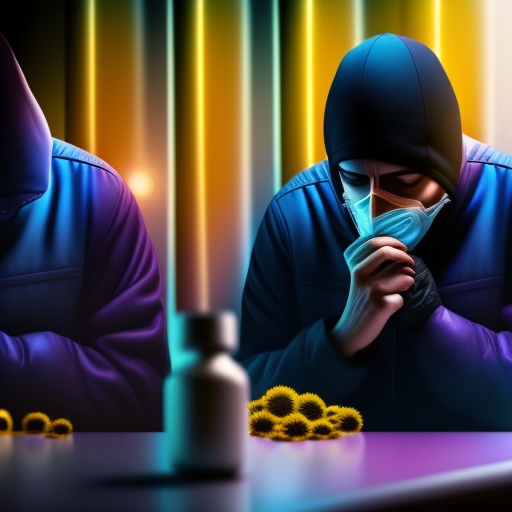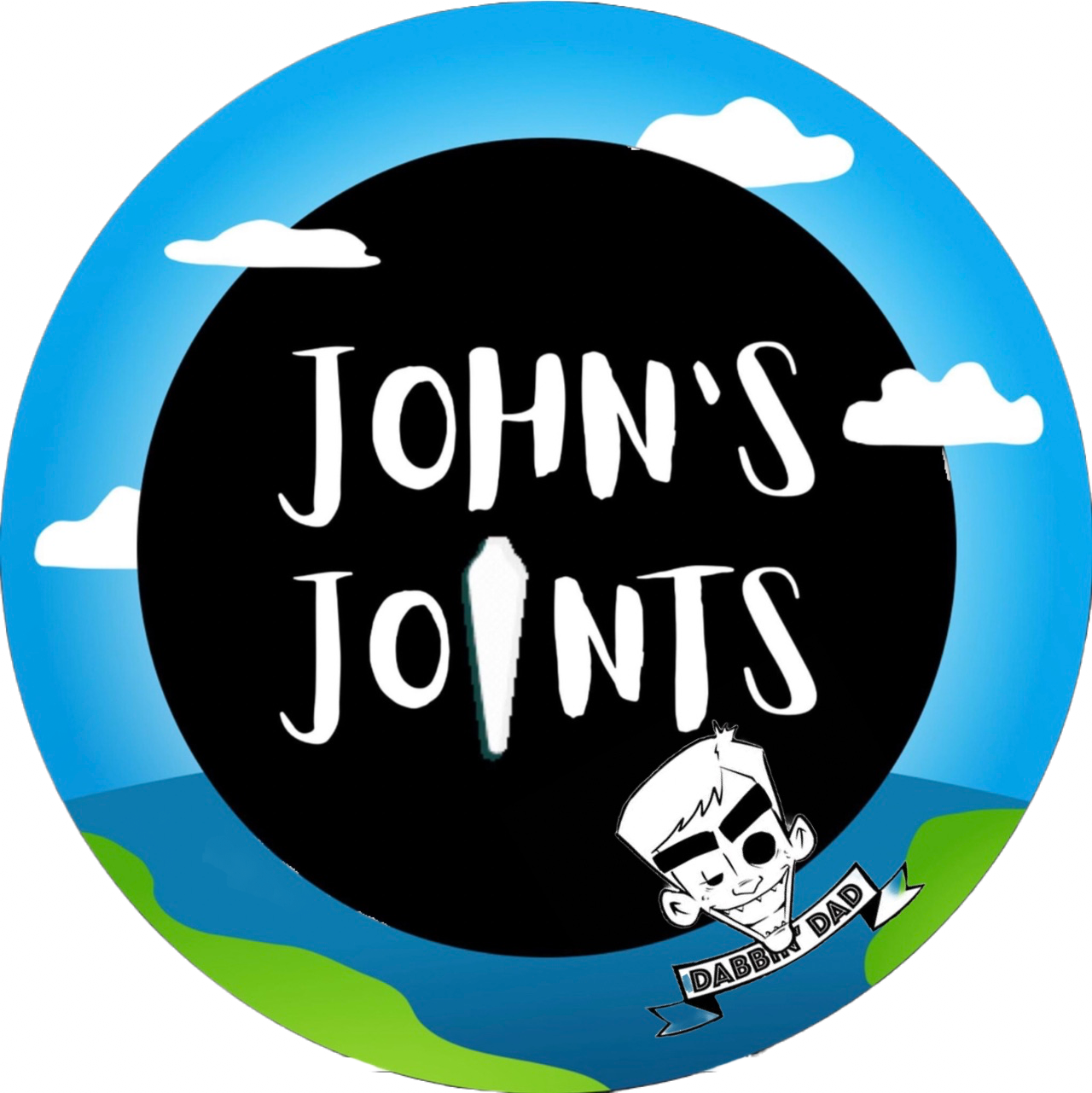
Well hey there, friend! Let’s talk about something that’s been on a lot of people’s minds lately. Well maybe not a lot of people’s minds, but it’s definitely been on mine: cannabis and its potential role in treating substance abuse disorders with THCV. It’s a topic that’s got a lot of folks excited – and for good reason. But before we dive in, let’s get a few things straight.
First of all, let’s be clear: cannabis is not a panacea. It’s not a Silver Bullet against such a beast. And it’s certainly not a one-size-fits-all solution to the complex problem of addiction. But that being said, there is growing evidence to suggest that cannabis may have some real potential when it comes to treating substance abuse disorders.
One of the key ways that cannabis may be able to help is by acting as a CB1 blocker. Now, you might be wondering what the heck that means. Essentially, CB1 is one of the receptors in our brains that responds to THC (the main psychoactive component of cannabis). But there’s another compound found in cannabis – one that’s not as well-known – called THCV (usually offered as a weight loss supplement). And THCV has been shown to block the CB1 receptor, essentially counteracting some of the effects of THC. Something good may have risen from the depths of Prohibition’s Monster.
Why is this important when it comes to treating addiction? Well, there’s evidence to suggest that one of the reasons people become addicted to drugs like opioids is because of changes in the CB1 receptor system in the brain, which also controls the ‘reward system. By blocking CB1 with THCV, cannabis may be able to help reverse some of those changes and potentially reduce the risk of addiction. Think of the possibilities… Drinking, gambling, maybe even smoking. Done. Just block the receptor.
So, that’s pretty cool, right? But here’s the thing: despite the promising evidence, research into cannabis and addiction is sorely lacking. It’s crazy, really, when you think about it. We’re in the midst of an opioid epidemic that’s affecting millions of people – people from all walks of life – and yet we’re not even close to exploring all of the potential treatment options available to us. It’s sad, too, because we know that cannabis has a relatively low risk of addiction and overdosing only occurs with a 50lb bale from 50ft in the air. Yet, thanks to outdated drug policies and stigma around cannabis use, it’s still seen by many as a dangerous drug with no medical value.
But here’s the thing: we can’t afford to ignore potential treatments for addiction. Not when so many lives are at stake. We need to invest in research into cannabis and other promising treatments, and we need to do it as soon as possible.
Because here’s the reality: whether we realize it or not, the opioid epidemic has touched all of our lives in one way or another. Maybe you’ve lost a friend or loved one to an overdose. Maybe you’ve struggled with addiction yourself. Or maybe you’ve just watched helplessly as your community has been torn apart by the crisis.
Whatever your experience, there’s no denying that we need to do more to address this problem. And if cannabis – or any other potential treatment – can help, then we owe it to ourselves and to each other to explore that possibility.
That’s my thought.
Rant over…
Stay weird.


